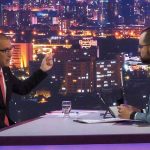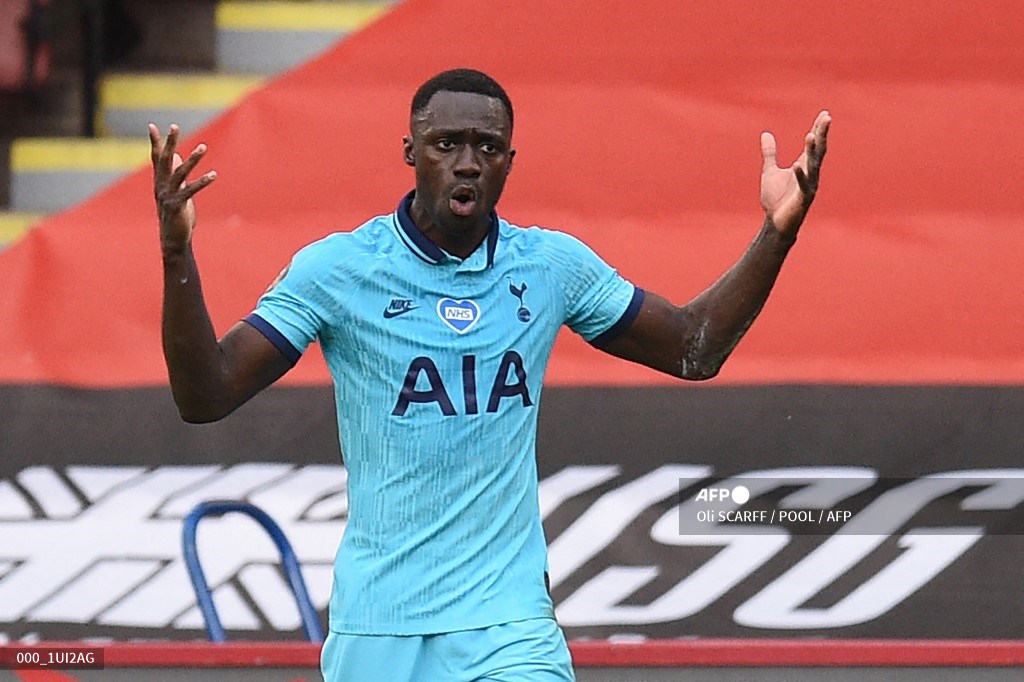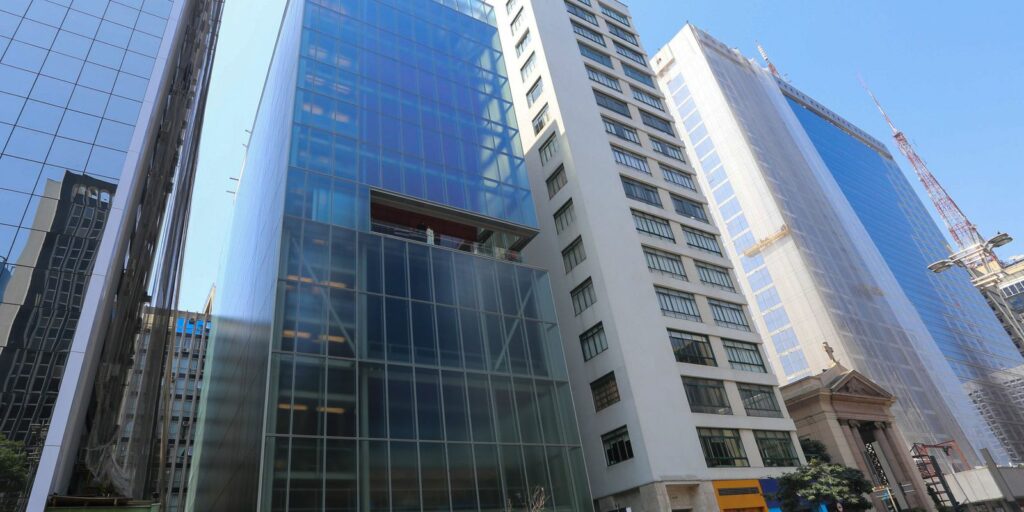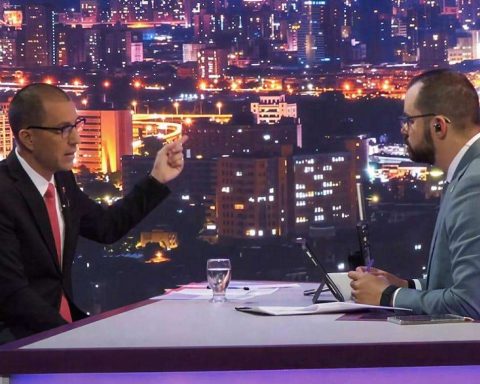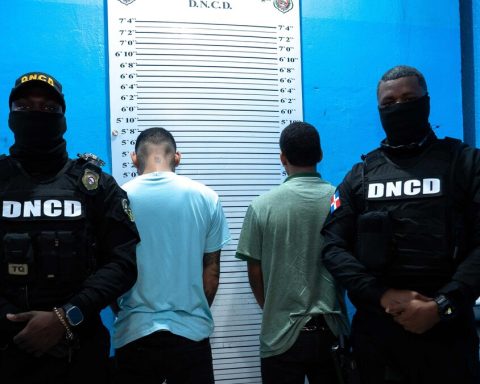This week, former President Ricardo Lagos was in charge of criticizing the decision of the Government of President Gabriel Boric to pardon “again” the ex-frontist Jorge Mateluna, thus joining the long list of critics –especially linked to Democratic Socialism and the sphere of the former Concertación – arose from the President’s decision announced at the end of last December and which also considered pardoning another 12 convicted in the context of the social outbreak. A decision by President Boric that, for some analysts, was more of a “gesture to the toughest electorate on the left” that has implied enormous political costs for the Executive.
The most serious implication that the case of the pardons had for the Government was the immediate departure of the opposition from the negotiating table where the Transversal Security Agreement was being prepared. Days after the prison benefits were known, the Minister of the Interior, Carolina Tohá, had planned to present to members of the opposition and the ruling party the preliminary document with the main proposals that the Government would make in terms of security. That meeting could never be held and Minister Tohá will just begin the legislative process for her proposals in the coming days, without knowing how she will be received by the opposition.
The UDI helmsman, Javier Macaya, explained this situation on Sunday, in an interview with The counter: “For months we participated with good will in that table. The minister was about to recognize those agreements, but President Boric pardoned 12 criminals and that put an end to the talks because that was an outburst, a sign of impunity at the table security. He let dangerous criminals go free and we left the table as a sign of coherence. It is evident that you cannot fight crime with one hand and with the other release those convicted of crimes that caused tremendous damage to Chile.” The absence of the right at the table that was preparing the security agreement now forces Minister Tohá to know the opinion of the opposition in the parliamentary discussion.
Another complex issue that arises periodically is the role that the President played in the pardons and whether or not he had prior knowledge of the background of the beneficiaries. The issue became controversial again after the Undersecretary of the Interior, Manuel Monsalve, assured on a television program that President Boric knew of the criminal records prior to the social outbreak of those pardoned. This is a version that is in contrast to the one delivered last January by the spokes minister, Camila Vallejo, which once again leaves the Head of State in question, one day before the Constitutional Court pronouncement on the subject.
The other complex issue that generated the pardons was President Boric’s conflict with the judiciary. After the series of criticisms generated by the pardons, the Chief Executive Officer recognized “improprieties” –which he never explained in detail–, which led to the departure of the Minister of Justice, Marcela Ríos, and her chief of staff and friend, Matías Meza-Lopehandía. Shortly after the departure of his collaborators from the Government, the President justified his decision by assuring that the beneficiaries were not “criminals.” From different sectors, the President’s statements were reproached, considering that it is the power of the Judiciary and not the Executive Power to determine whether or not someone is a criminal.
Another serious unforced error that the President made was when he gave his opinion on the Mateluna case, unleashing a crisis with the Judiciary that forced him to retract. That episode occurred during his presidential tour to Brazil – in the midst of his participation in the inauguration of Lula da Silva. On that occasion, his justification for the pardon of the ex-frontist did not go down well with the Supreme Court. “I have the deepest conviction that in the Mateluna trial there were irregularities and an assessment of the evidence that was not up to the standards of Justice,” Boric said at that time.
The Supreme Court – which at that time was dragging its annoyance with the Executive over the troubled nomination of the National Prosecutor and when the existence of a call from the President to the president of the country’s highest court had leaked – stated on that occasion that “not even the President of Neither the Republic nor Congress can, in any case, exercise judicial functions, address pending cases, review the foundations or content of their resolutions or revive expired processes. A call for attention that forced the Government, and the President in particular, to take care of the content of their speeches and the form of their narrative, assuming that security and the fight against crime are priority and sensitive issues for a large part of the population. .
It was the arrival of the lawyer Luis Cordero at the Ministry of Justice that managed to channel the harsh discussion that generated the case and locate it in the judicial sphere, specifically in the Constitutional Court.







